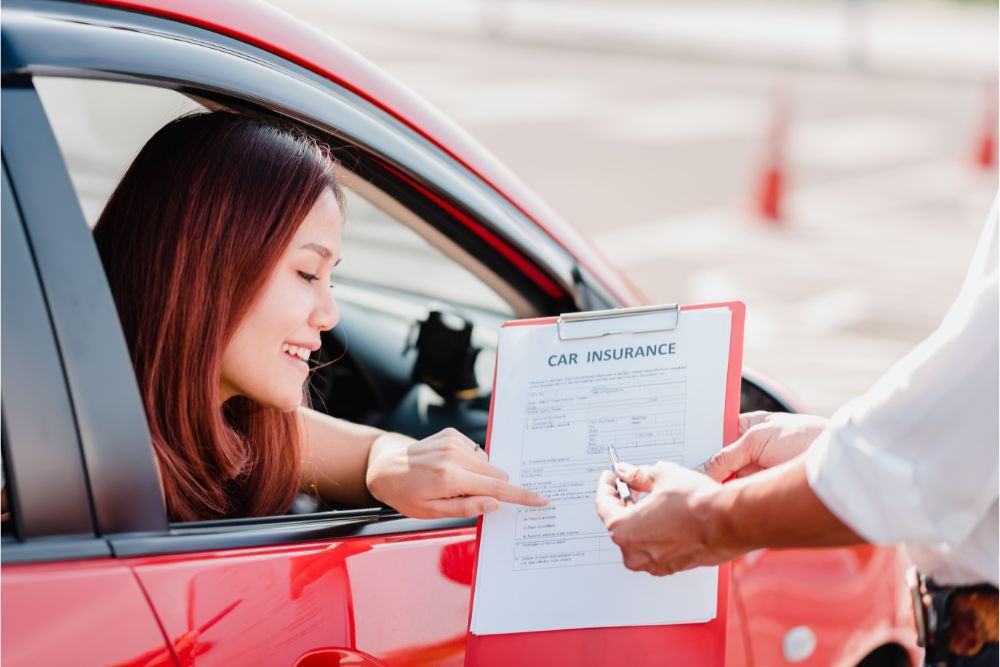Most of us aspire to buy a car once we have a good-paying job. Along with the car purchase, it is mandatory to buy a car insurance policy. However, not many of us are aware of the terms used in car insurance. It is important to know these terms, as it help you decide which insurance is better for you. Also, these terms come in handy in case you need to register a claim.
Insured Declared Value
Usually known by the acronym IDV, it is one of the most common terms that one would come across in car insurance sector. The current market price of your car to be insured is reflected in the IDV. Simply put, IDV is the maximum amount that the insurance company will pay to the insured when they claim for it. The ex-showroom price listed by the manufacturer is the reference price of the IDV and it is adjusted for depreciation over time. While buying the insurance of your car, make sure to declare the right IDV. Providing with a lower IDV would mean that your insurance premium amount would come down. However, when you want to claim your insurance, the compensations provided by the insurance company also comes down due to lower IDV.
Third-party Party liability
This is the most basic form of insurance that you can opt for your car. In terms of insurance, the insured is the first party, the insurance is the second party and any other individual involved in accident or whose property is damaged is said to be the third party. In the event of any incident involving any third party, you need to compensate for the damages incurred. The Motor Vehicle Act mandates everyone to have at least liability insurance. In case of third-party legal liability, the insurer does not stand to benefit financially. But any damages done to the property or loss of life of a third party is covered by this. There is no cap on the claim amount in case of loss of life. However, one can set a cap for third-party property damage.
Comprehensive Insurance or Own Damage Premium
As seen above, third part covers damages faced by third party only. This is where comprehensive insurance comes into the picture. It covers the insured for any loss or damages to their cars. Simply put, it covers any scenarios beyond your control, such as accidents or theft. If one opts for comprehensive insurance, they need to pay a premium on top of the third-party liability, known as the Damage Premium. The Own Damage Premium entitles you to cover damage incurred during an accident. The premium amount is dependent on factors such as IDV, geographical area, how old the car is, engine capacity, etc.
Personal Accident Cover
In case of accidents, your car is not the only entity exposed to damage; you are also exposed to the same. Severe accidents can lead to damage to car as well as loss of life or permanent disability to the owner. It is in such dire situations that personal accident cover comes in handy. Personal accident cover for owner-driver is mandatory, whereas you have the option to choose accidental cover for passenger and paid driver by paying an additional premium.
No-Claim Bonus
If you have not registered any claim against your car insurance policy during a policy year, you stand to benefit from the same next time around. The insurance companies would provide you with a discount on the insurance premium, but only on the Own Damage Premium component. The minimum discount that one can expect is about 20%, but it can go up to 50% as well. If you claim your car insurance within the policy year, you cannot avail this. couple of things to keep in mind are that, on the sale of the insurance, you do not pass on the no-claim bonus. However, if you buy a new car or change insurance company on renewal, you can carry forward the no-claim bonus.
Cashless Repair
When you claim your car insurance in case of an accident, your insurance company can direct you to their preferred garages. In such cases, you can have the repairs done in a cashless manner. It is much more convenient than the standard process of paying from your pockets and reimbursing the same.
Knowledge of the above terms is necessary for anyone buying car insurance. This not only helps to get the best policy but also enables us to know the coverage and other related aspects.

